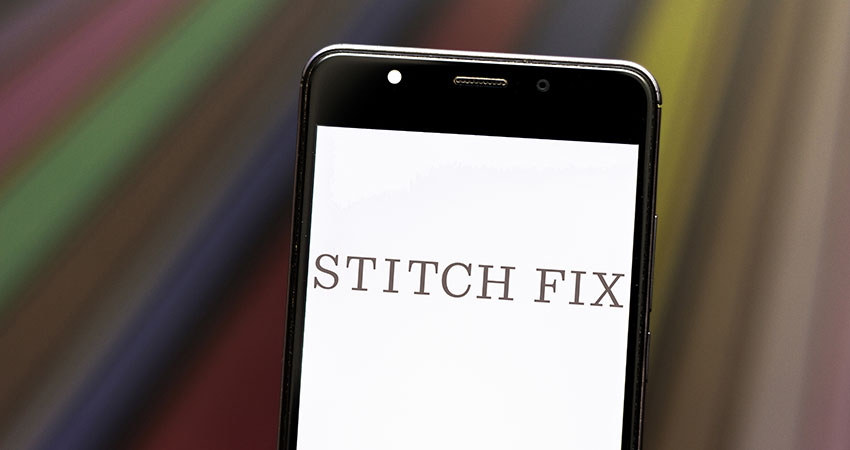Luxury swimwear brand Andie, sports drink BodyArmor and cruelty-free cosmetics provider Wander Beauty are new additions on the Interactive Advertising Bureau’s 2020 edition of its 250 Brands to Watch list, recognizing the most disruptive and influential DTC brands in the U.S.
IAB analyzed 3,500-plus brands and services and found the disruptors have more women leaders than other brands, prioritize customer experience, rely on first-party data and aggressively harness social and traditional media.
“These brands epitomize the growing disruptor brand economy, representing the leading edge of business development across the U.S. and globally,” IAB CEO Randall Rothenberg said. “We watch these brands because their business models, personalized relationships with consumers and go-to-market strategies are transforming how brands are born, how they are advertised and what consumers expect.”
The DTC disruptors’ business models are working in terms of revenues. Seven brands on the 2020 list have revenues exceeding $100 million:
- Apparel/Fashion: Stitch Fix
- Food and Beverage: Home Chef
- Health/Wellness: Peloton
- Hobbies/Lifestyle: Loot Crate
- Home and Appliance: Casper
- Personal Care: The Honest Company
- Pet Care: Chewy
IAB research identified the categories bringing in the highest revenue over the shortest period of time include personal care, health/wellness, baby care/parenting and pet care. Gauged by revenue tier, Osmo and Bitsbox top the list in the baby care/parenting category, while the Honest Company (natural baby, beauty and wellness products) checks in at number 1 for personal care, and Chewy is the pet care leader.
The IAB list questions the theory that upstart brands looking to make a splash and scale quickly need to be floated with venture capital. Only 11% of companies on the 2020 list were backed with venture funds, including just 11 of the 87 companies in California, the VC epicenter, and 10 of the 62 brands based in New York, the global center of finance.
If venture capital isn’t the key for DTC brands, IAB found their social footprint is critical to business success. DTC brands are able to claim the social space in categories where no established brand dominates the conversation, and IAB research shows the importance of scaling the social footprint with digital spending, as well as taking advantage of new opportunities.
IAB cites Pinterest’s Shop the Look mobile ads, launched in Q4 2019 to give retailers the ability to feature up to 25 products in one ad on mobile devices, sending consumers to a brand’s site for conversion. TikTok’s shoppable short‐form videos are also singled out by IAB as a part of the innovative growth strategy for DTC disruptors.
Data is as important as social to the success of DTC disruptors, and IAB said it even impacts what brands sell. “For example, pet care brands combine specific educational information about a consumer’s pet with customized products created for the pet’s precise growth stage,” the IAB said in a release. “Everything about the experience is customized — a consumer simply creates a profile and a care package arrives within seven days.”
IAB’s research determined that 53% of DTC brands were founded by women, whose entrepreneurship has moved across all sectors and way beyond apparel and beauty brands like ThirdLove and Glossier.
For the first time, IAB added the top 100 service companies to its list, including such brands as fitness class concierge ClassPass, women’s rental clothing line Le Tote and rider service Lyft.
The brands on the list were founded after 2010 in the U.S. After creating a database of DTCs, IAB assembles and aggregates additional data from multiple sources, including Rival IQ for social footprint and velocity. IAB uses a weighted formula to create indices to rank economic efficiency (e.g., revenue; number of employees); financial confidence (e.g., revenue; funding; partners; maximum valuation); and social metrics. Companies are ranked by categories for presentation purposes.

